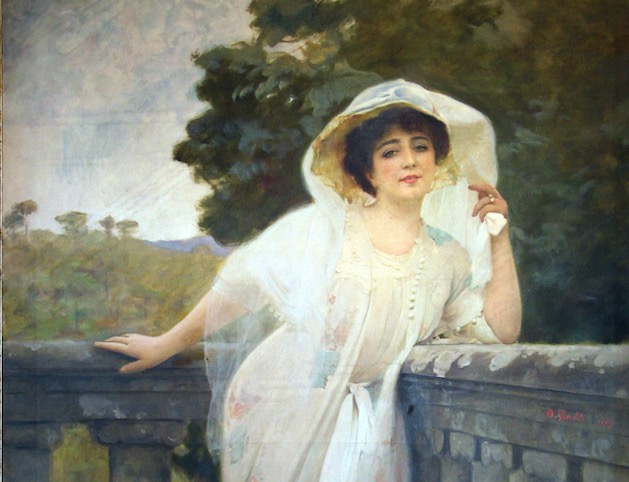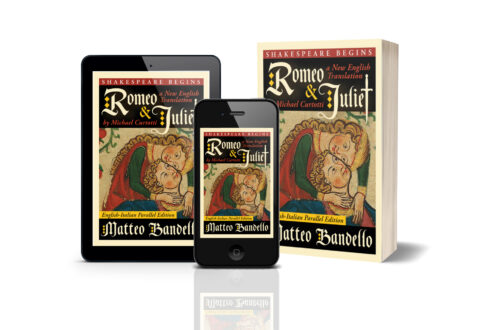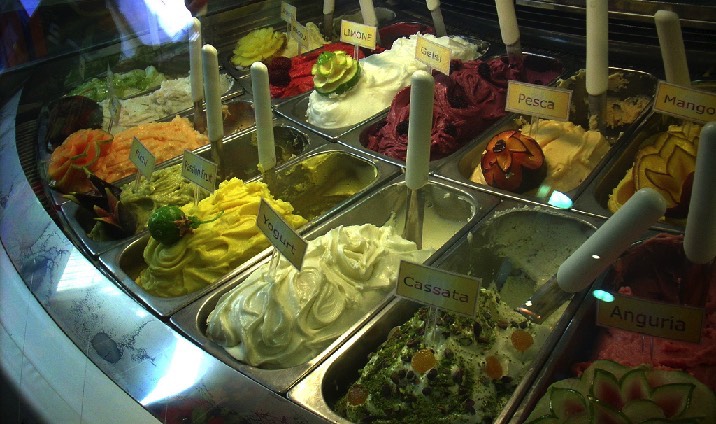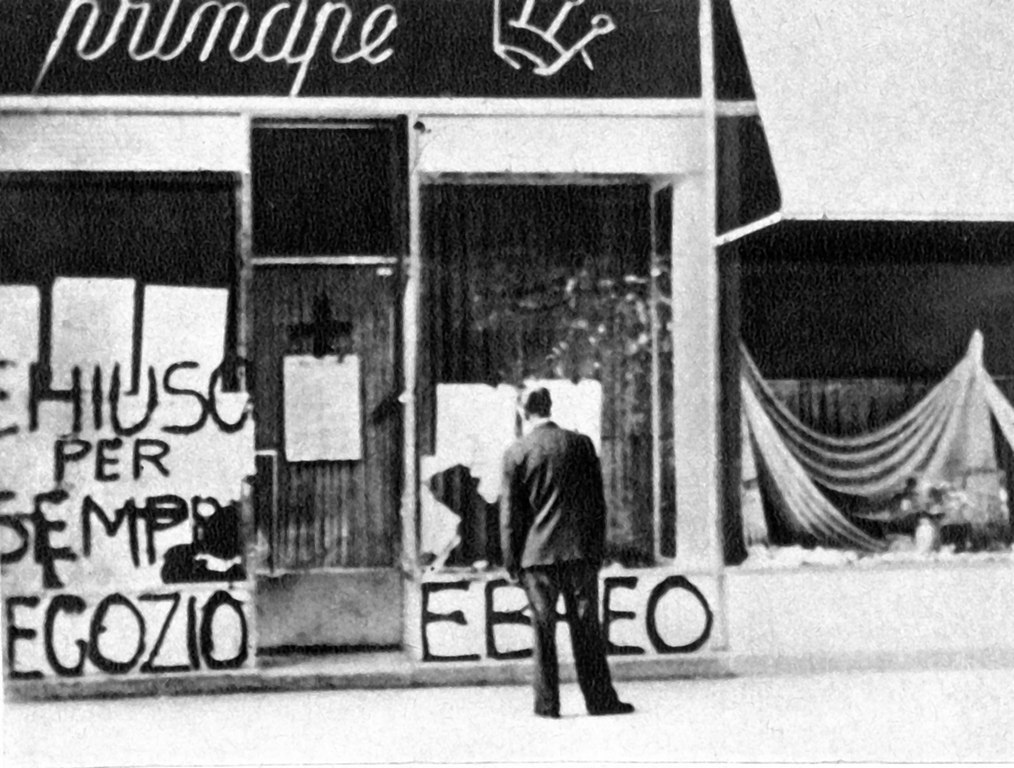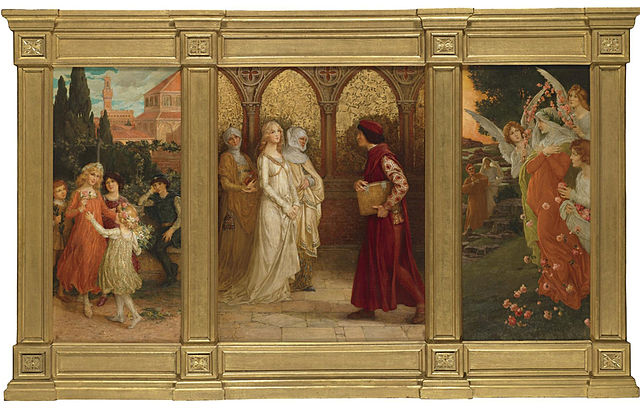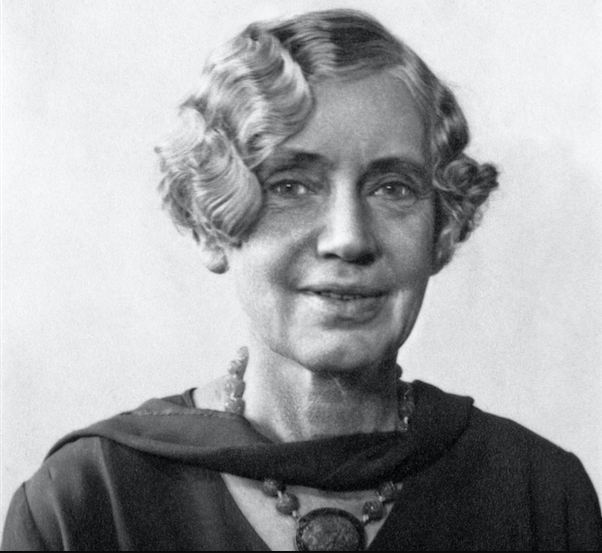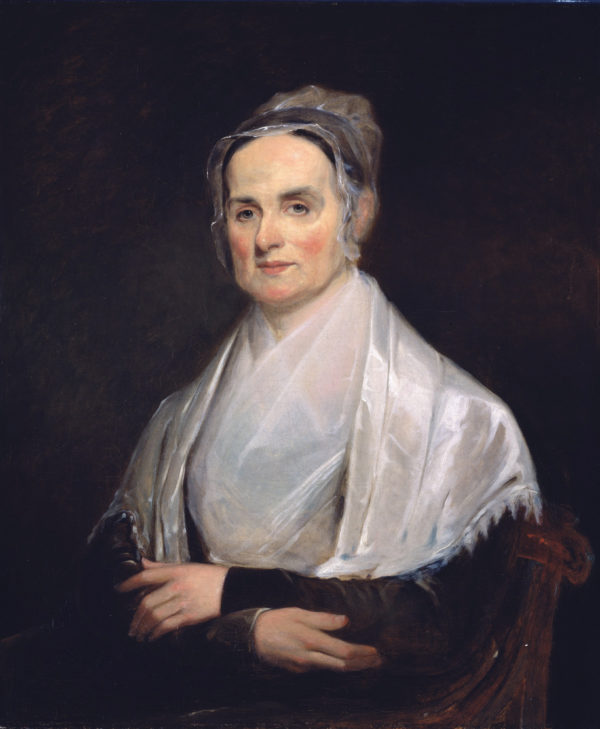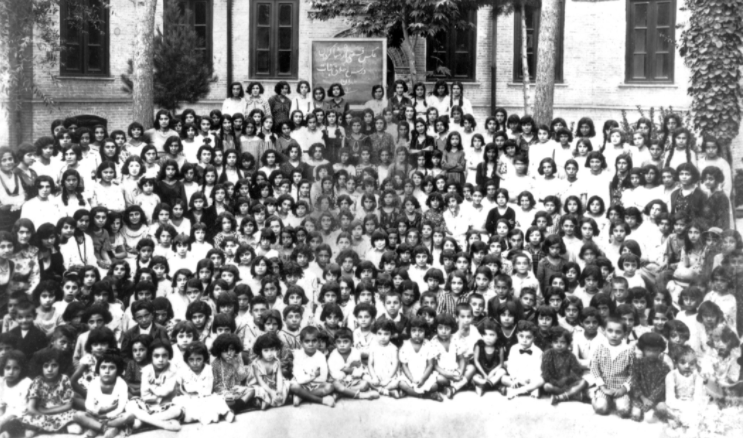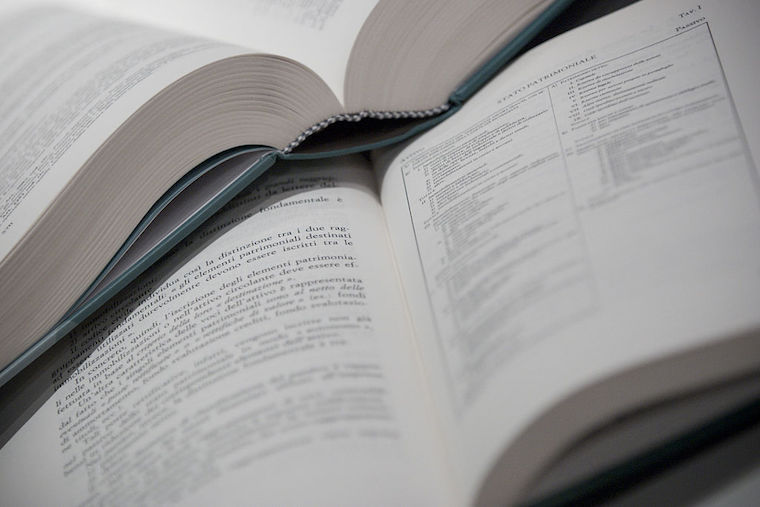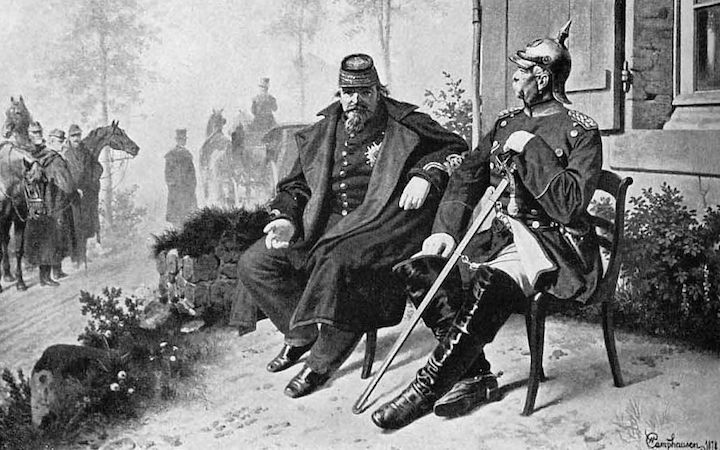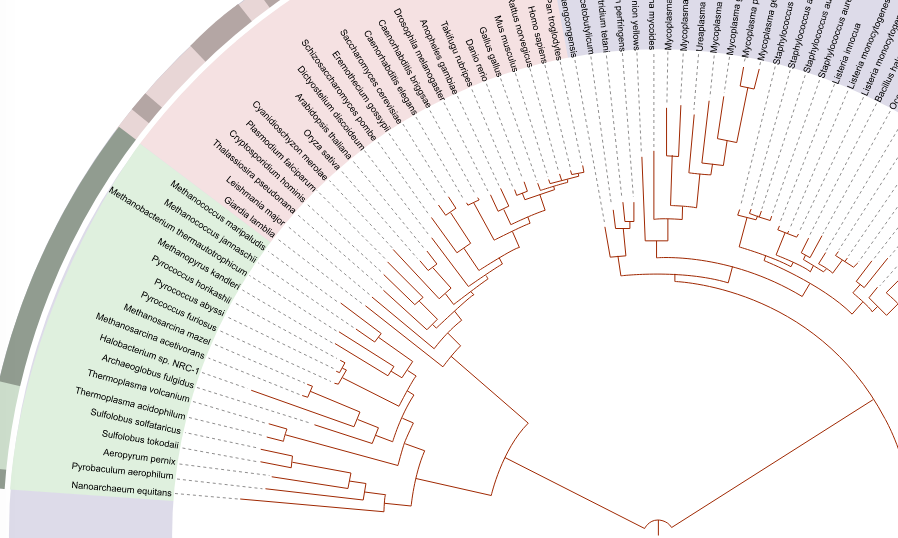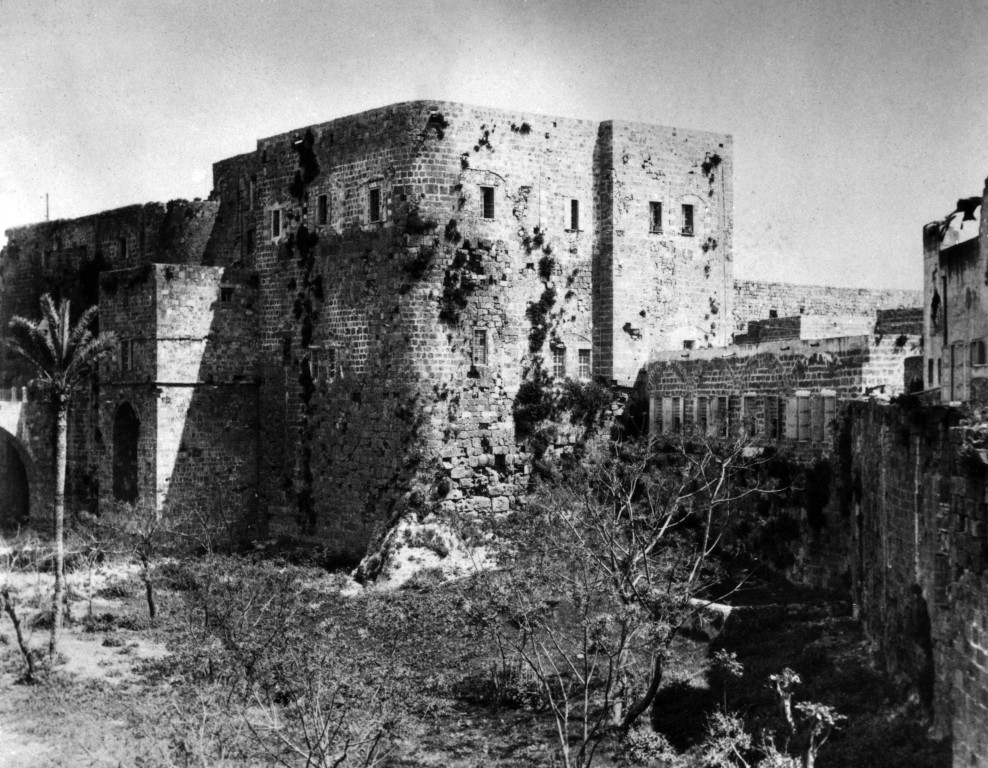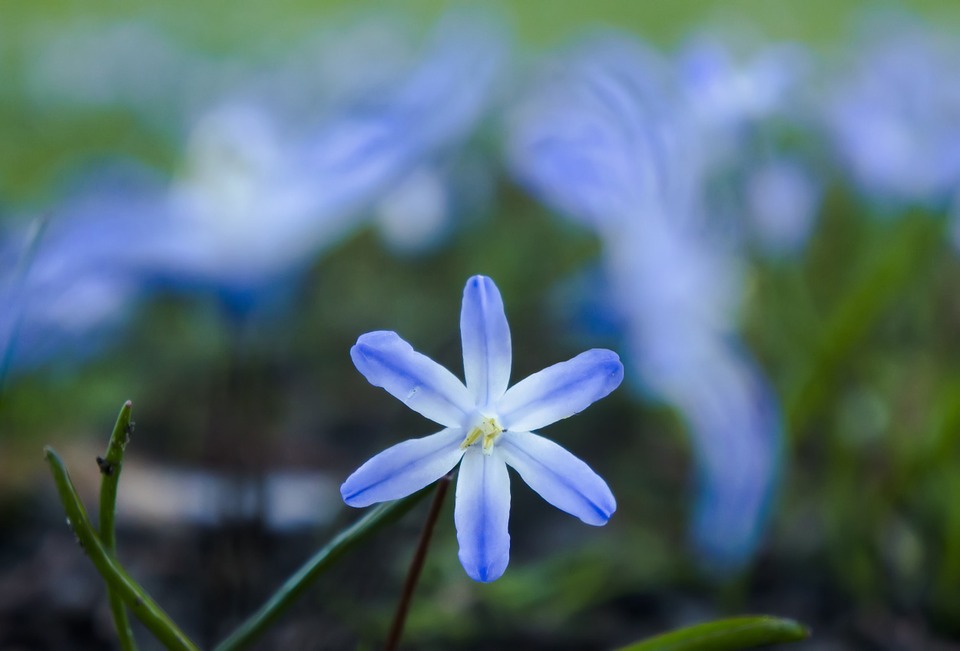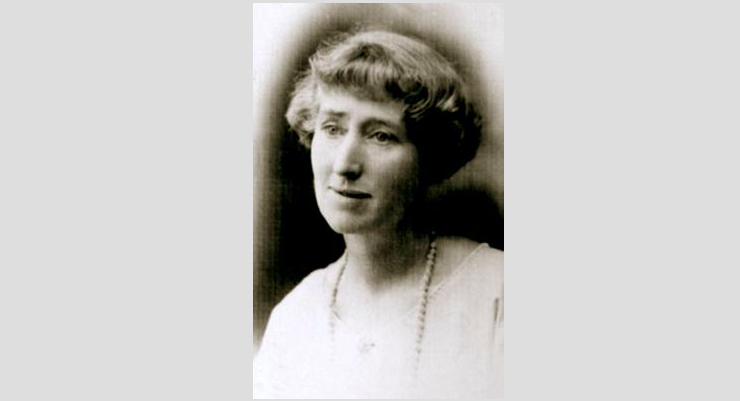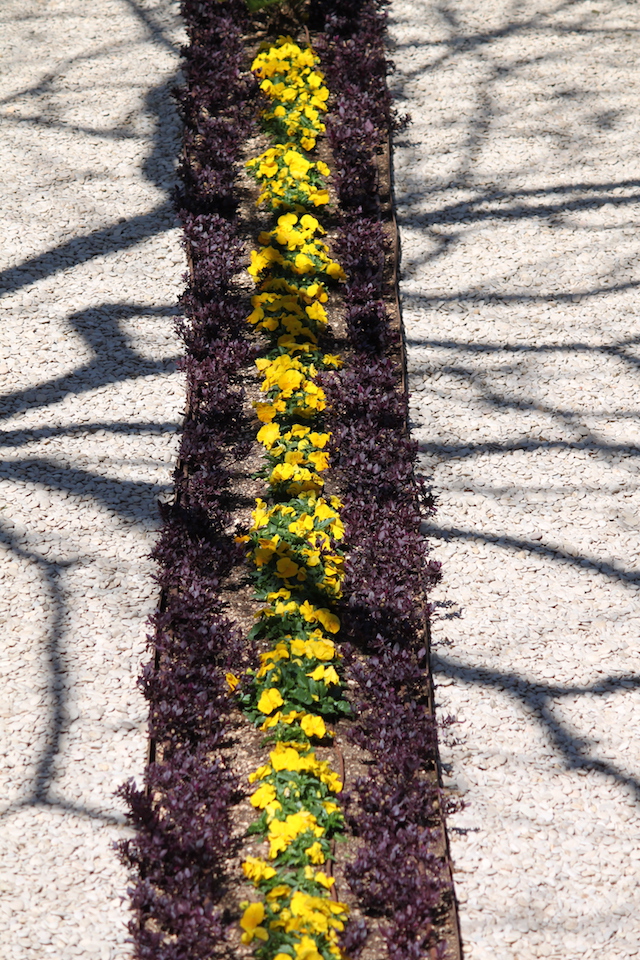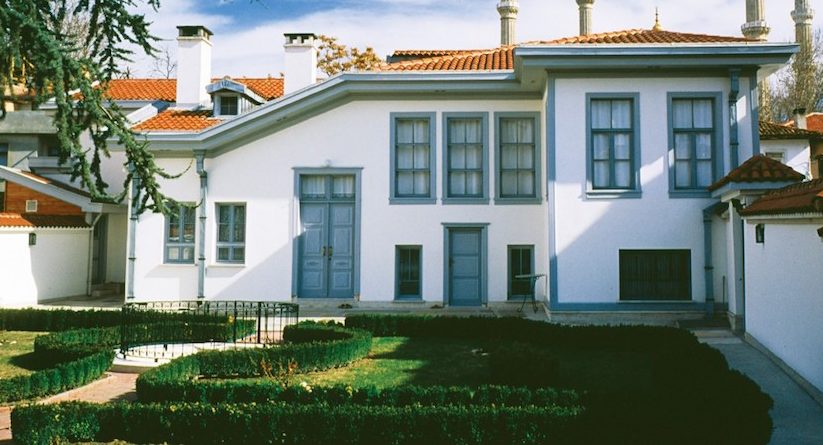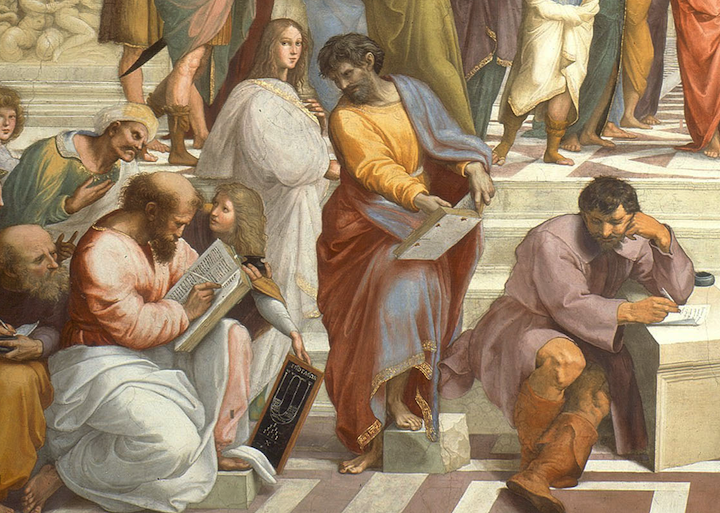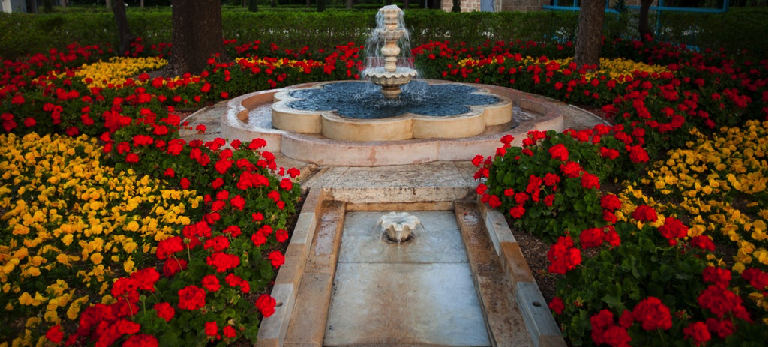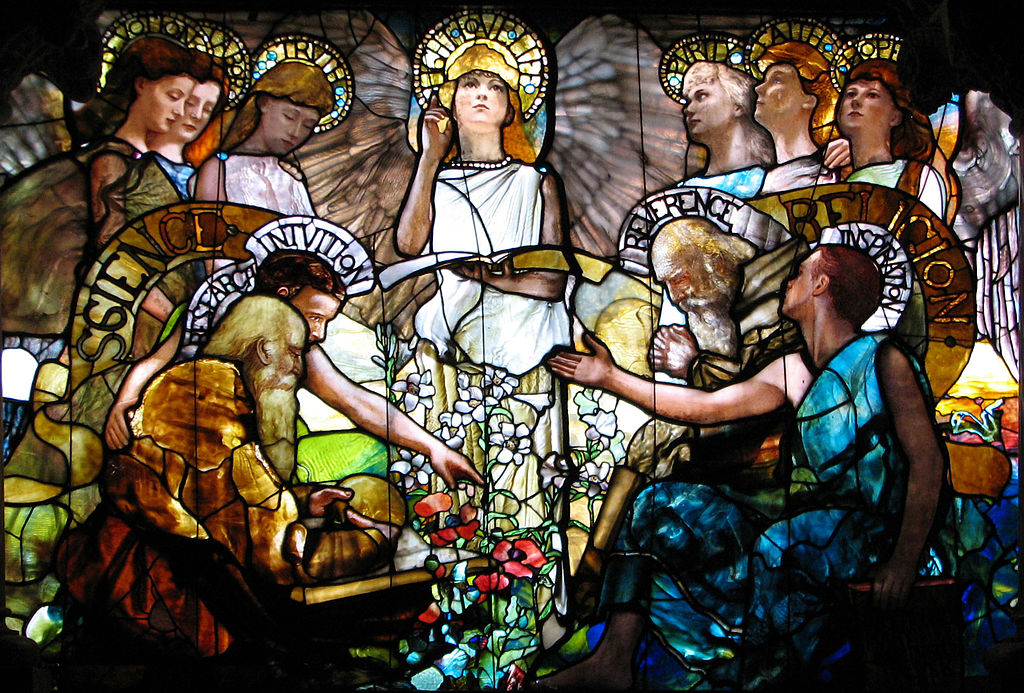-
Caruso: Dalla’s Song of Love, Pain and Death
The song Caruso has genius in its verses, and it is one of the most popular songs Italy has given the world. The verses of Caruso came to singer songwriter Lucio Dalla in a burst of inspiration. “Ti voglio bene assai”: I love you very much. Such words (in any language) are among the most meaningful human beings share with each other.They are words which, with “Tanto tanto bene sai” – So much, so much, you know, resonate in the chorus of the song. Yet these words are not where the song begins. Rather we are on a Terrazza, overlooking the “Golfo di Sorriento“. It is one of Italy’s most…
-
Dante’s New Love Life: the Vita Nuova
The love poets of Dante’s day told everyone they were in love: but always kept the name of their beloved secret. Dante however, names Beatrice as his love. In telling us of her, he has made her immortal. Gemma di Manetto Donati, Dante’s actual wife, he never once mentions and she is virtually unknown. Before we jump to conclusions about what this might mean let us learn more about Dante’s love life. Vita Nuova Dante’s Vita Nuova (“New Life”), which is Dante’s best known work as an early poet, is all about “love”. Dante recounts for us a love story and he is the lover and Beatrice the beloved. Some…
-
What is Law?
Bahá’u’lláh’s purpose throughout his mission was to promote the oneness of humankind but, he notes, that “At one time We spoke in the language of the lawgiver; at another in that of the truth-seeker and the mystic.“[1] If “law” is interchangeable with “mystic truth” it begs the question: what is law? It’s a question that has engaged legal philosophers for centuries – and prominent among their theories is that laws are “commands” – they are “rules” that we have to obey. But, it quickly gets complicated. As legal scholars ask – why can we say that the commands of the head of a criminal gang are not “law” but the…
-
The Interconnection of All Things
All things are interconnected. … every part of the universe is connected with every other part by ties that are very powerful and admit of no imbalance, nor any slackening whatever.[1] When Abdu’l Baha made comments of this kind he had in mind the interconnection between the material, plant, animal and human kingdoms. The atoms that make us up transition between these worlds remaining unchanged in their essence although entirely transformed in their outward characteristics. Indeed we could not exist but for the fact that the atoms that make up our bodies were long ago manufactured in the nuclear processes of a star. As each component atom or element in…
-
Words of Love
I loved thy creation, hence I created thee. Wherefore, do thou love Me, that I may name thy name and fill thy soul with the spirit of life.[1] Armed with the power of Thy name nothing can ever hurt me, and with Thy love in my heart all the world’s afflictions can in no wise alarm me.[2] Commit not that which defileth the limpid stream of love or destroyeth the sweet fragrance of friendship. By the righteousness of the Lord! Ye were created to show love one to another and not perversity and rancor. Take pride not in love for yourselves but in love for your fellow-creatures.[3] Set ye aside My love, and commit what…
-
Human Nature: Hidden Gems and Tempered Steel
Bahá’u’lláh often calls us to rise to the positive potential we have within us. The words he uses evoke a rich imagery of human nature. Regard man as a mine rich in gems of inestimable value. Education can, alone, cause it to reveal its treasures, and enable mankind to benefit therefrom.[1] Or here: Thou art even as a finely tempered sword concealed in the darkness of its sheath and its value hidden from the artificer’s knowledge. Wherefore come forth from the sheath of self and desire that thy worth may be made resplendent and manifest unto all the world.[2] Or here: Out of the essence of knowledge I gave thee…
-
Bahá’u’lláh’s Love
Rarely does the historical record show us the fullness of Bahá’u’lláh’s human experience. An exception is a moment of love between Bahá’u’lláh and his son, captured in the recollections of Bahiyyih Khanum (Bahá’u’lláh’s daughter). More of that story below. Love is a recurrent theme in Bahá’u’lláh’s writings. Love of the divine, of creation, of humanity. An example is the story of the two lovers Majnun and Layli. The story is an ancient one retold many times, often used to convey love of the divine. In Bahá’u’lláh’s telling Majnun is seeking Layli. It is related that one day they came upon Majnún sifting the dust, and his tears flowing down. They said, “What doest…
